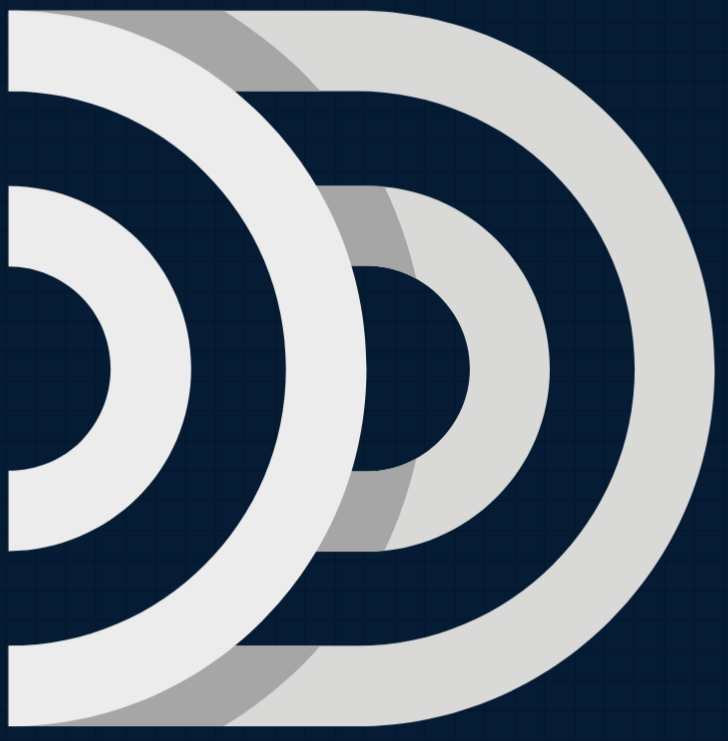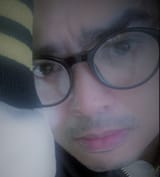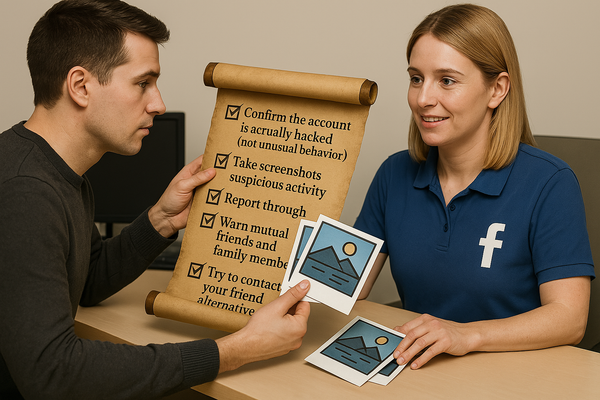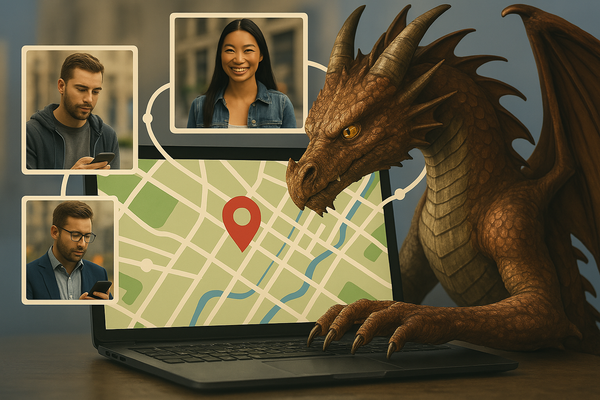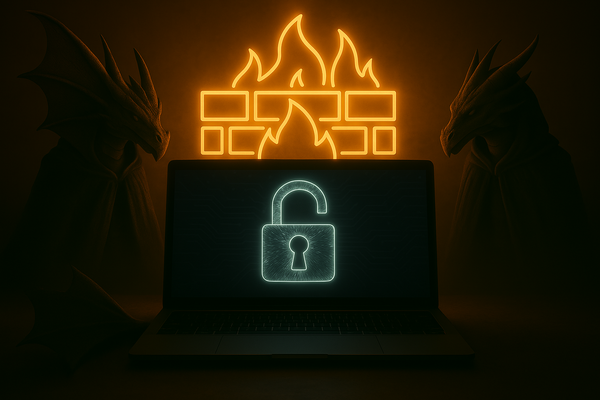JIL - Journey In Learning
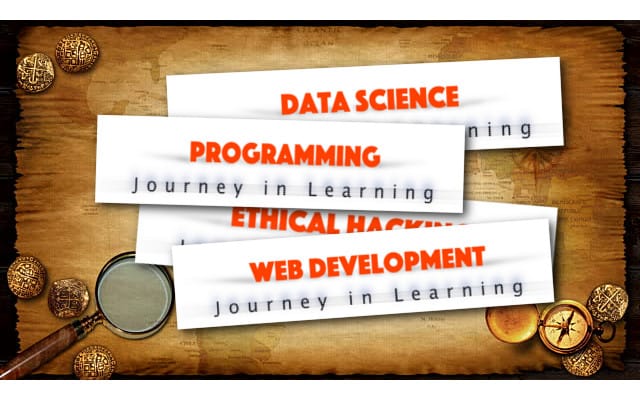
Life is the ultimate university. Just when we think we're done with school after receiving that official diploma or certificate, whether from a traditional brick-and-mortar institution or a cutting-edge MOOC platform. Eventually, we discover something profound: our real education is just beginning. The "Journey in Learning" never truly ends; it simply transforms.
The Authenticity Dilemma: To Fake It or Not to Fake It?
In college, a friend once gave me advice that I've wrestled with ever since: "Relax a bit and be okay with submitting mediocre deliverables every now and then. We don't need to cover everything, and when we present, we need to act like we're the experts of whatever we're reporting about."
The suggestion made me deeply uncomfortable. Something about pretending to be an expert when I wasn't felt fundamentally wrong. Instead, I developed what became a lifelong habit: acknowledging the limits of my knowledge while pointing my audience toward genuine experts in the field. This approach became the foundation of my practice of citing resources, building upon others' thoughts, and gradually finding the courage to formulate and express original ideas.
But life has a way of teaching nuance. Sometimes, pretending serves a protective purpose. My father, for instance, would rather pretend to know his way around an unfamiliar city than appear lost and potentially vulnerable to street crime. There's wisdom in strategic confidence.
I remember one particularly illuminating incident when my father drove the wrong way down a one-way street and got pulled over. In that moment, he abandoned his usual pretense of knowing the area and successfully convinced the traffic officer that we were genuinely lost tourists who needed guidance more than a ticket. Meanwhile, I found myself pretending to be asleep—not to avoid trouble, but to keep from laughing at the absurdity of the situation. Seeing all the cars parked facing the opposite direction and spotting the One Way sign just feet away, I wanted to give my father an Oscar for his performance.
The Developer's Paradox: Why "Fake It Till You Make It" Doesn't Apply to Code
The popular advice to "fake it until you make it" might work in some fields, but programming isn't one of them. I wish it were that simple to fake your way into being a developer, but coding is more art form than mere task completion. It's a systematized endeavor where getting something to "work" is often just the beginning, not the end.
True development mastery isn't about achieving in-depth expertise in whatever programming language or tool happens to be trending this month. It's about cultivating the right habits, skillset, and mindset. A genuine developer learns to formulate the right questions, read documentation thoroughly, conduct proper due diligence, and persist through the inevitable moments when code refuses to cooperate.
More importantly, being part of the developer community means engaging with support forums like Stack Overflow or Quora—not just to find answers, but to contribute solutions for others facing similar challenges. This reciprocal relationship between learning and teaching forms the backbone of continuous growth in technology.
The Humbling Reality of Perpetual Learning
Learning is never an overnight transformation. It's a journey that demands everything from us, and the deeper we go, the more we realize how much we don't know. This can feel overwhelming, but there's profound beauty in this realization. The Socratic wisdom of knowing that we know nothing becomes not a burden but a liberation—it frees us to keep exploring, questioning, and growing.
Every learner deserves credit for simply beginning the journey, whether they're encountering completely new concepts or revisiting familiar territory with fresh eyes. Knowledge itself is ever-expanding, which means our relationship with learning must be equally dynamic.
Like artists who remain perpetually critical of their own work, developers learn to embrace refactoring—not as admission of failure, but as commitment to improvement. It's okay to doubt your work, to leave comments for your future self, to seek feedback from others. This vulnerability actually strengthens our craft and helps us find some measure of completion without falling into perfectionism's paralysis.
The Expert's Secret: They're Learning Too
Even subject matter experts maintain their authority not through static credentials but through continuous inquiry. They stay relevant by asking new questions, challenging their own assumptions, and adapting to evolving fields. I suspect that true experts, despite their recognized expertise, sometimes feel unworthy to claim their learning journey has ended. In this sense, experts become our fellow travelers in the endless pursuit of knowledge.
From Moodle to MOOCs: The Evolution of Learning Platforms
My formal introduction to alternative learning paradigms came through college learning management systems like Moodle and Blackboard. These platforms represented a shift away from the traditional "sage on stage" methodology, offering students the opportunity to access materials in advance and take more control over their learning pace.
The real transformation began around 2012, when articles by educators like Laura Pappano started documenting the explosive growth of MOOCs—Massive Open Online Courses. These platforms democratized access to high-quality education in ways that seemed almost revolutionary at the time.
As both learner and chronicler, I began documenting my MOOC experiences through blogs, using the pseudonym JourneyLearner to capture the essence of what these platforms offered: not just education, but transformation through the act of learning itself.
Looking Forward: The Never-Ending Story
The landscape of online learning has evolved dramatically since those early MOOC days. New platforms emerge regularly, pedagogical approaches continue to evolve, and the very nature of what it means to be educated is constantly shifting. As I plan to update and expand on those early blog posts and tutorials, I'm struck by how much has changed—and how much the fundamental principles remain constant.
The journey in learning isn't about reaching a destination where we can finally say, "I know enough." It's about embracing the process itself, finding joy in the questions as much as the answers, and recognizing that every expert was once a beginner who refused to stop asking "what if?"
Whether we're decoding complex algorithms, mastering new frameworks, or simply trying to understand the world around us better, we're all fellow travelers on this endless journey of discovery. The university of life never closes, never stops offering new courses, and never runs out of material to explore.
The only graduation that matters is the one we give ourselves—the moment we recognize that learning isn't something we do to prepare for life, but something that makes life worth living.
The journey continues. What will you learn today?
